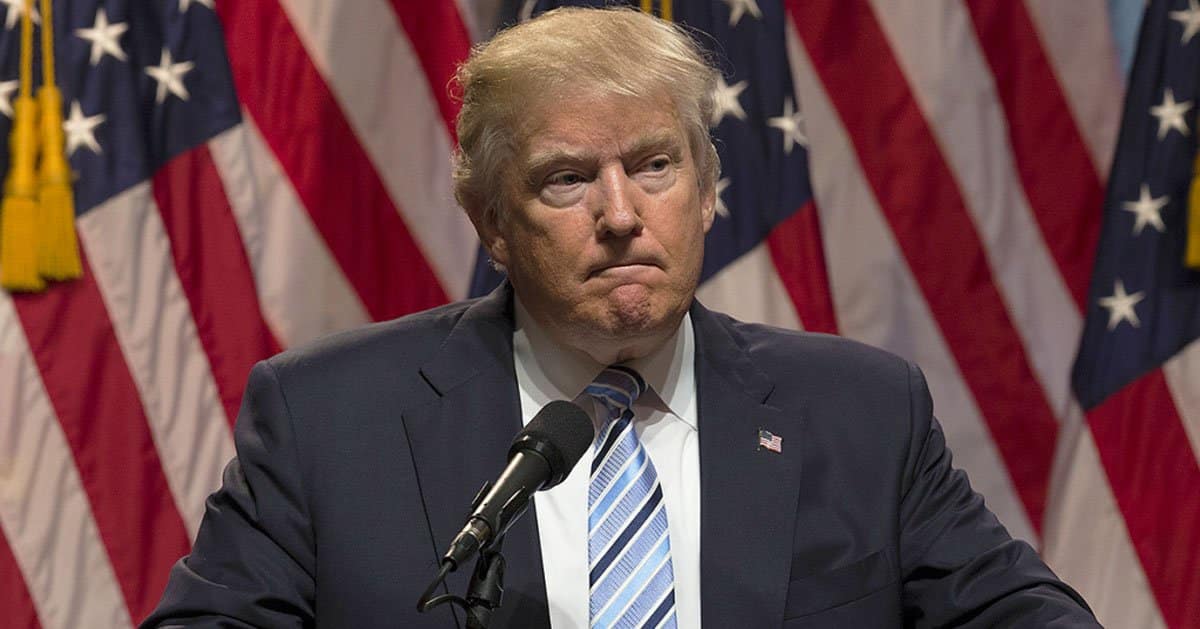








In a bold political maneuver, Texas authorities have escalated their response to Democrat lawmakers who fled the state, issuing arrest warrants to forcibly reconvene a legislative session crucial for redistricting debates, Fox News reported.
Texas Governor Greg Abbott directed enforcement actions against absent Democrats to secure a quorum as redistricting tensions rise.
The controversy began when Texas House Speaker Dustin Burrows warned that arrest warrants would be signed for Democrat lawmakers who missed a critical deadline. By 4 p.m. CT on a recent Monday, these warrants became a stark reality as the deadline lapsed without their return.
Following the passing of the deadline, the Texas House, endorsing Burrows’ proposal, authorized the issuance of the warrants. Subsequently, Governor Abbott tasked the Texas Department of Public Safety with executing these arrest mandates.
The fleeing Democrats, who departed Texas on Sunday, were reacting to what they perceived as aggressive gerrymandering efforts by state Republicans, including mid-decade congressional redistricting backed by former President Donald Trump. Their absence prevented the establishment of a legislative quorum, halting proceedings.
Abbott's communication was severe and unequivocal. In a forceful letter sent the day of their departure, he threatened the absent lawmakers with expulsion and criminal charges, indicating the serious legal consequences they might face upon their return.
Simultaneously, the political impasse triggered a wave of responses across multiple states. In Illinois, Albany, Boston, and Chicago, events were held denouncing Texas’s redistricting plans, viewed by some as racially biased. The Department of Justice under President Trump had previously alleged violations of constitutional norms relating to racial gerrymandering in some Texas districts.
The narrative expanded as other states entered the fray. Democratic leaders from New York and California, Governors Kathy Hochul and Gavin Newsom, respectively, expressed their determination to retaliate against Republican redistricting strategies. Hochul declared an aggressive stance on redistricting, while Newsom emphasized the necessity of reciprocating the GOP’s tactics.
Responses to Abbott's actions also emerged on the national stage. U.S. House Minority Leader Hakeem Jeffries criticized the Texas Governor's approach as overly aggressive and lacking a legal foundation, encapsulating his sentiment with a remark that labeled the efforts as "all hat, no cattle."
This unfolding scenario has broad ramifications, foregrounding the tension between state governance and political strategy. Texas GOP’s decision to potentially expel lawmakers through newly filed Senate Bill 62 has escalated the situation further, highlighting the deep division within the state’s political landscape.
The incidents have forged a battleground where legal authority and political will intersect, testing the resilience and limits of legislative frameworks in Texas and perhaps setting precedents for other states grappling with similar issues.
As Texas navigates this convoluted political crisis, the eyes of the nation remain fixed on the Lone Star State, awaiting the outcome of a dispute that could redefine the parameters of legislative authority and political accountability in unprecedented ways.
Analysts predict that the standoff in Texas could set a substantial precedent nationally, affecting how other states handle similar political disputes in the future. The aggressive tactics employed may embolden other state legislatures to adopt similar strategies to enforce legislative attendance or suppress dissent.
The broader political landscape may see shifts in strategies, especially with key states like New York and California vowing to implement countermeasures in their own legislative processes. This could signify a new era of more aggressive, possibly polarized state politics across the United States.
In conclusion, the actions taken by Texas's leadership are not just about a local legislative battle; they represent a potential turning point in state-level governance that could influence political norms across the country, impacting both the integrity and the functionality of state legislatures nationally.



